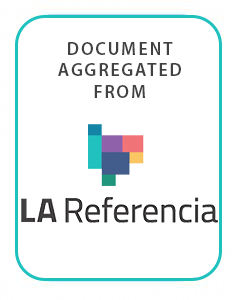Silvicultural, Inventory and Harvest Guidelines for Community Managed Forests: Some Recommendations for Discussion
..."This Working Paper examines options for improved sustainability and economic viability for community forest in Myanmar (See also Wode et al 2014). It was prepared under an EU-FAO Regional FLEGT Programme project implemented by Fauna & Flora International that is
exploring opportunities and constraints for commercial timber production from community forests.





